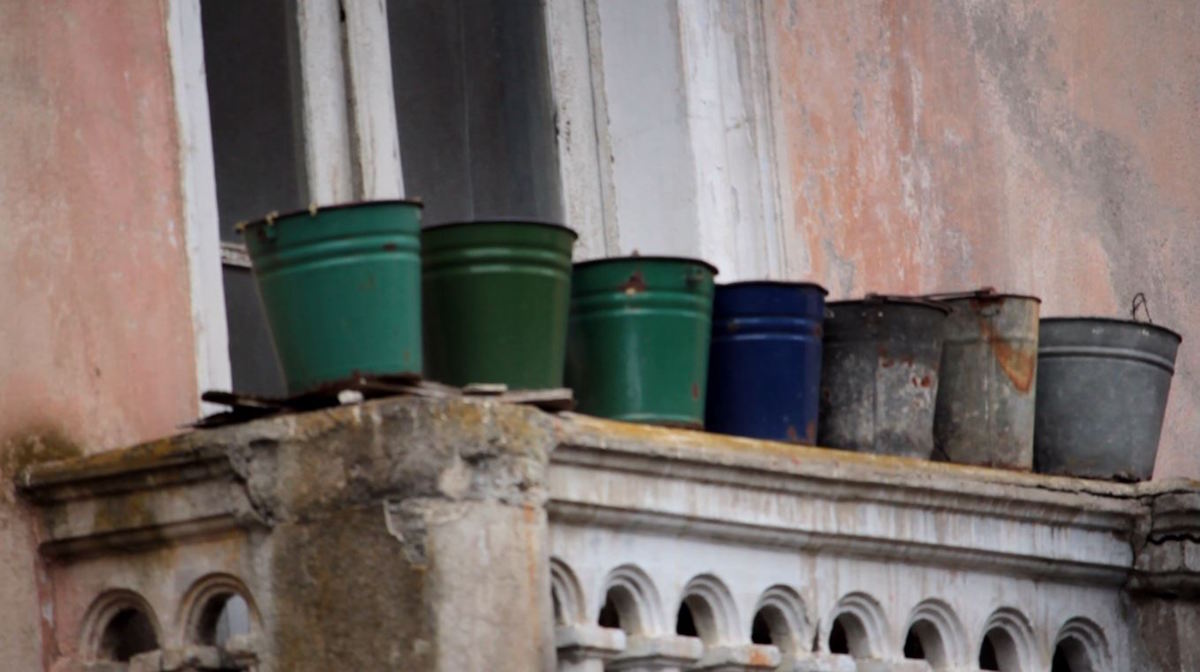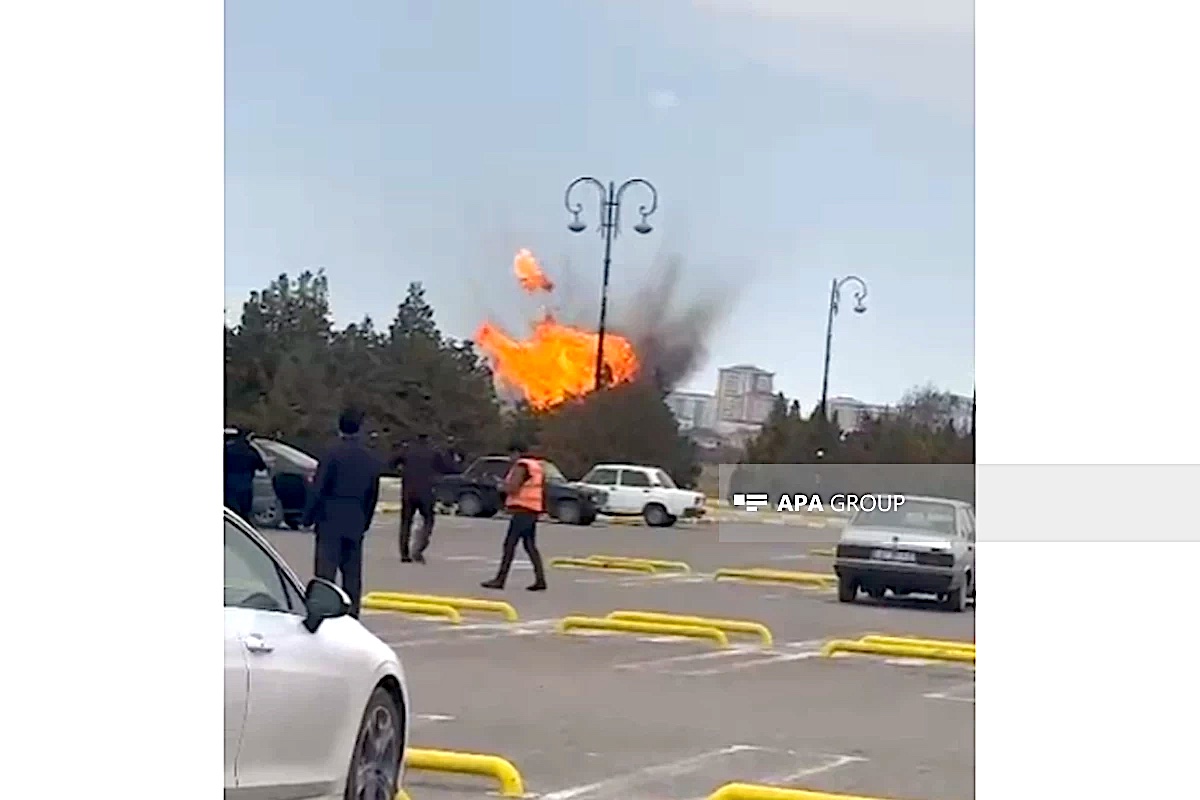Commentary: Where is Abkhazia's missing billion?

The parliament of Abkhazia is dissatisfied with the execution of the state budget for 2017 and has instructed the prosecutor’s office to verify the work of the government. According to the government’s report, one billion two hundred million rubles [approximately USD 19 million], included in the expenditure part of the budget, had remained on paper.
The parliament has chosen not to go into the origin of the ‘holes’ in the budget as it was not the current parliamentary composition that approved the budget for 2017. They preferred to pass this issue on to the prosecutors. The prosecutors will surely come up with something – they will explain the situation with heavy language so that no one will understand anything, but everyone will be satisfied.
But the extra billion has to be somewhere in an economy that is breathing its last breath and social commitments that are incommensurable with the budget possibilities.
Nobody will be able to say for sure where to find the missing billion – not now, nor at the end of 2018 when the time will come for approving the new budget. In order to find the missing billion there is a need for sharp, sometimes unpopular and at the same time extremely responsible actions, for which nobody is ready – not the government, nor parliament which has almost become an opposition itself.
Meanwhile, in search of additional income, the already-third president cautiously declares the need for the legalization of trade on the Georgian-Abkhaz border.
Sergey Bagapsh spoke on this, and then Alexander Ankvab did as well. Now Raul Khajimba is cautiously saying the same. And surely the next presidents will also say the same.
It is happening because this idea, instead of being taken as a guide to action, simply became a non-binding and useless ritual.
It is understandable why the matter is not being solved. If the Abkhaz customs office, which has been serving for 20 years on the Georgian-Abkhaz border, would suddenly start officially collecting taxes on goods crossing the border, the president who made such a decision would be burnt at the stake and declared a traitor and a scoundrel.
That is, to trade with an enemy officially is betrayal. But if not officially, it is not.
Filling the Abkhaz market with goods smuggled from Georgia and therefore keeping the shadow economy on a high level perfectly fits in with existing Abkhaz patriotism.
Bringing goods in from Georgia doesn’t seem to upset anybody. But to put this contraband to an end or give the process a legal form – there is no way. Meanwhile, this would allow not only for the economy to be brought up from the depths, but also to earn and solve at least some social problems, including medicine, at the expense of these funds. After all, the flow of Abkhazian citizens going to Georgian clinics for treatment is growing every year.
By the way, patriots note that the refusal to translate the activities of the Abkhaz customs on the border with Georgia into a full-fledged regime is fully in tune with the Georgian doctrine that the territory of Abkhazia is an integral part of the Georgian economic space. As you know, within this space the movement of goods is not subject to any duties.
Even if, in some miraculous way, the Abkhaz authorities managed to completely block Georgian smuggling, it is still more profitable to trade than not to trade, even with those who you consider an enemy.
Calling itself a state, Abkhazia should not hold grudges against Georgia forever. Logically, it is Georgia who should experience an inferiority complex not us as it is in the Georgian-Abkhazian war where Georgia considers itself the loser, and we, accordingly, call ourselves winners.
However, we have turned this logic upside down. As a result, the process of creation and building has almost completely been neutralized by ‘patriotic’ rhetoric.
Although, in my deep conviction, the real patriotism is to provide our citizens with a decent standard of living.
You want to know where to get the billion? It lies right under your feet.




















